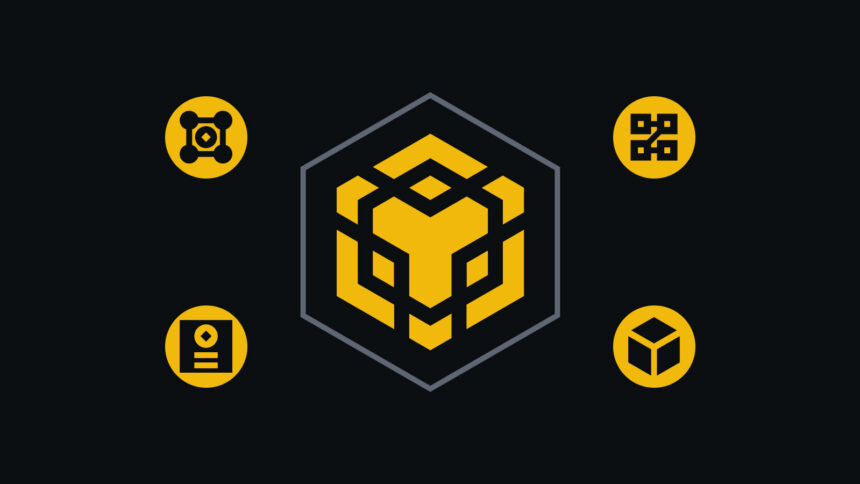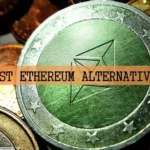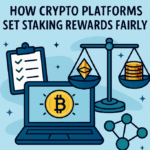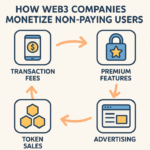In this article, I’ll highlight some of the top alternatives to Binance Smart Chain for low-cost transactions.
With transaction fees and network congestion on the rise, many users and developers seek faster, more cost-effective blockchain options like Solana, Arbitrum One and Fantom that provide secure yet scalable budget-friendly solutions for everyday crypto transactions.
Key Point & Best Alternatives to Binance Smart Chain for Low-Cost Transactions List
| Blockchain | Key Point |
|---|---|
| Solana | High-speed transactions with low fees and strong developer ecosystem. |
| Arbitrum One | Ethereum Layer 2 scaling solution with fast, cheap transactions. |
| Fantom | Directed Acyclic Graph (DAG) based blockchain optimized for DeFi speed and scalability. |
| Optimism | Ethereum Layer 2 rollup offering low-cost, secure transactions. |
| Near Protocol | Sharded blockchain focusing on usability and developer-friendly tools. |
| Moonbeam | Ethereum-compatible smart contract platform on Polkadot for interoperability. |
| Gnosis Chain | Ethereum Layer 2 sidechain optimized for decentralized applications with low fees. |
| Avalanche | High throughput, low latency platform with customizable blockchains. |
1.Solana
Solana stands out as an attractive alternative to Binance Smart Chain due to its impressive combination of high throughput and ultra-low fees, making it one of the premier choices for low-cost transactions.
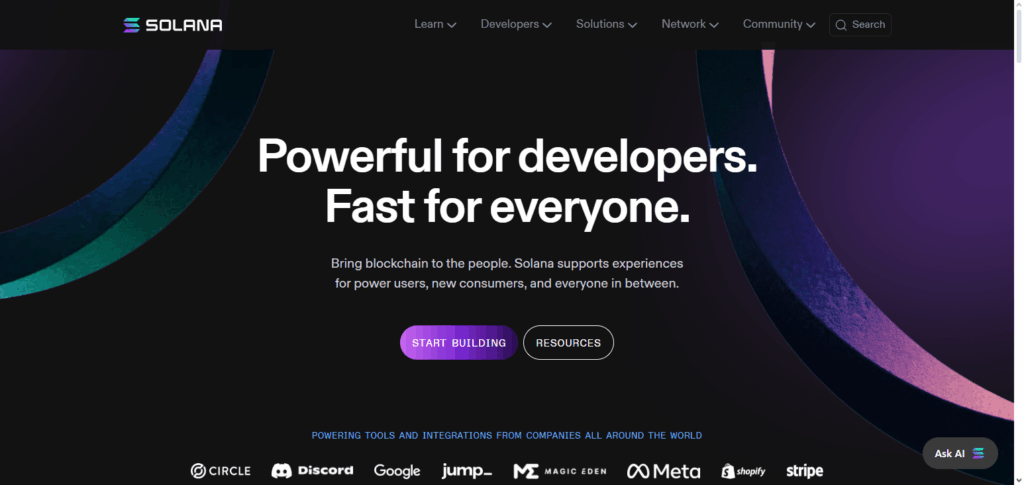
Its innovative Proof of History consensus facilitates thousands of transactions per second – ideal for decentralized apps and cryptocurrency projects that need speed without breaking the bank. Furthermore, unlike many blockchains, Solana supports scalability without compromising decentralization, giving users a cost-effective experience in terms of both crypto transfers and smart contract executions.
| Feature | Details |
|---|---|
| Blockchain | Solana |
| Transaction Speed | Up to 65,000 TPS (Transactions Per Second) |
| Transaction Fees | Extremely low (fractions of a cent) |
| Consensus Mechanism | Proof of History (PoH) combined with Proof of Stake |
| KYC Requirements | Minimal, depends on the platform or exchange used |
| Compatibility | Supports smart contracts, rich DeFi ecosystem |
| Scalability | High scalability without compromising decentralization |
| Use Case Focus | DeFi, NFTs, Web3 apps with fast and affordable txns |
2.Arbitrum One
Arbitrum One stands out as an attractive low-cost transaction alternative, leveraging Ethereum’s security while drastically cutting fees and congestion through Layer 2 scaling.
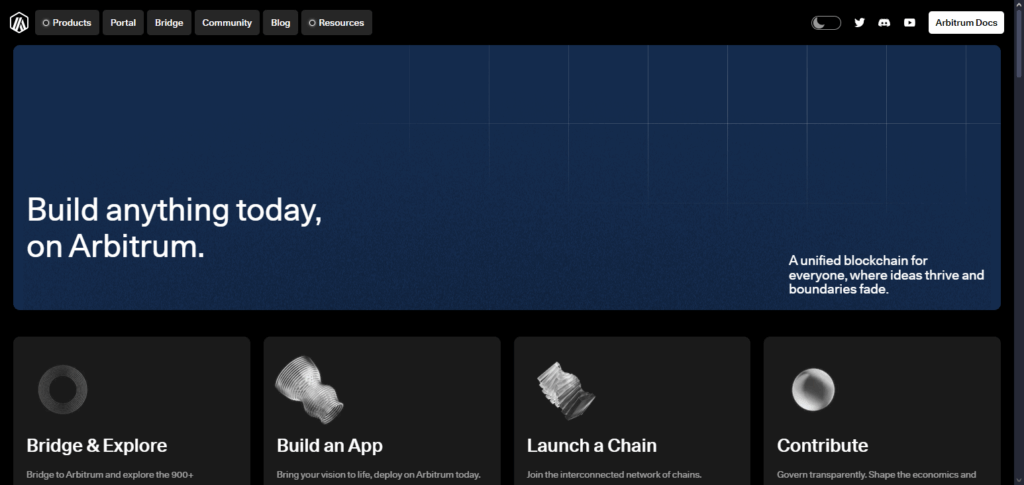
Utilizing optimistic rollups, Arbitrum One processes transactions off-chain before only submitting summaries onto Ethereum – cutting costs while increasing speed – offering users robustness with faster, cheaper transactions; ideal for developers or users seeking cost-effective and scalable decentralized applications.
| Feature | Details |
|---|---|
| Blockchain | Arbitrum One |
| Transaction Speed | Up to 4,000+ TPS |
| Transaction Fees | Significantly lower than Ethereum mainnet |
| Consensus Mechanism | Optimistic Rollup (Layer 2 on Ethereum) |
| KYC Requirements | Minimal, depends on the platform or exchange used |
| Compatibility | Fully Ethereum-compatible (EVM) |
| Scalability | High scalability via Layer 2 rollups |
| Use Case Focus | DeFi, dApps needing Ethereum security with low fees |
3.Fantom
Fantom offers low-cost transactions due to its proprietary Directed Acyclic Graph (DAG) consensus technology, which ensures near instant finality and ultra-low fees.
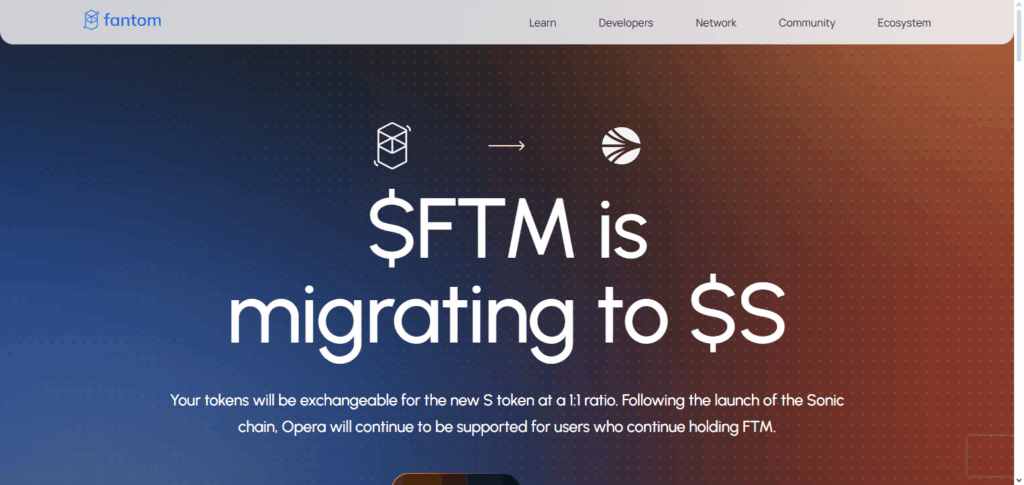
Fantom’s DAG architecture can handle thousands of transactions per second without bottlenecks; its compatibility with Ethereum Virtual Machine (EVM) makes developing decentralized apps seamless, fast, and affordable.
| Feature | Details |
|---|---|
| Blockchain | Fantom |
| Transaction Speed | ~2,000 TPS |
| Transaction Fees | Extremely low, typically under $0.01 |
| Consensus Mechanism | Lachesis (Asynchronous Byzantine Fault Tolerance) |
| KYC Requirements | Minimal, depends on the platform or exchange used |
| Compatibility | Ethereum Virtual Machine (EVM) compatible |
| Scalability | High throughput with near-instant finality |
| Use Case Focus | DeFi, NFTs, scalable dApps requiring fast, low-cost txns |
4.Optimism
Optimism is an industry leader when it comes to low-cost transactions, using optimistic rollup technology to significantly lower Ethereum’s gas fees while remaining secure. By processing most transactions off-chain and only submitting proofs back onto Ethereum for verification, Optimism achieves faster, cheaper transactions without compromising decentralization or decentralization.
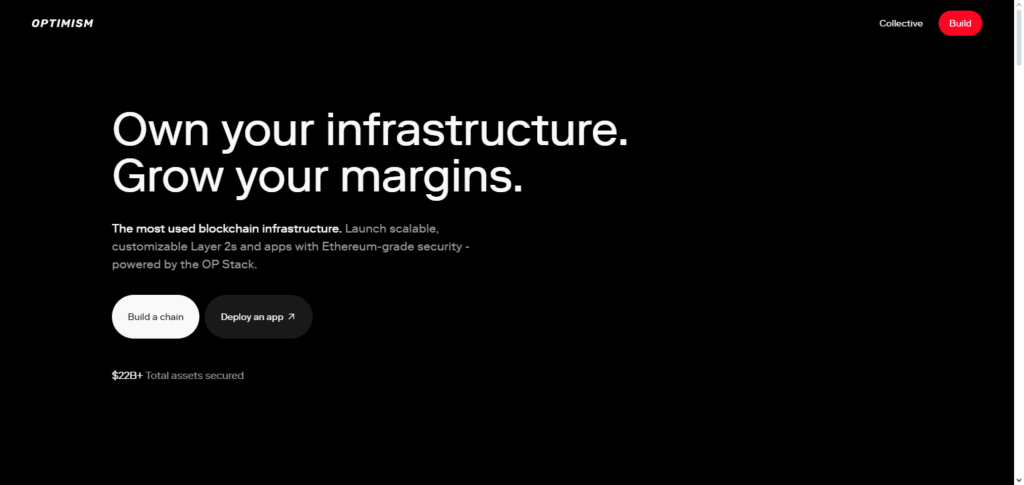
With seamless integration into existing Ethereum tools and smart contracts it makes Optimism an excellent choice for developers seeking cost-effective scalability while offering users efficient, secure blockchain interactions on blockchain interactions that provide efficient secure interactions on blockchain networks.
| Feature | Details |
|---|---|
| Blockchain | Optimism |
| Transaction Speed | 2,000+ TPS |
| Transaction Fees | Significantly lower than Ethereum mainnet |
| Consensus Mechanism | Optimistic Rollup (Layer 2 on Ethereum) |
| KYC Requirements | Minimal, depends on the platform or exchange used |
| Compatibility | Fully Ethereum-compatible (EVM) |
| Scalability | High scalability through Layer 2 rollup technology |
| Use Case Focus | DeFi, dApps needing secure and affordable Ethereum scaling |
5.Near Protocol
Near Protocol stands out as a top alternative to Binance Smart Chain when it comes to low-cost transactions thanks to its innovative sharding technology, which divides its network into smaller pieces for increased scalability and reduced fees.
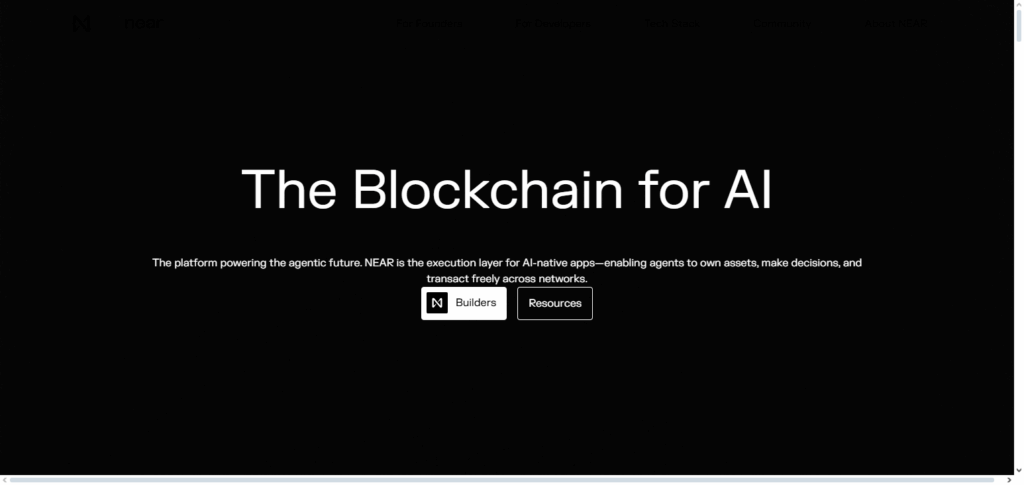
Near’s design also allows it to process many transactions simultaneously with minimal costs; making Near highly efficient. Furthermore, Near offers user and developer-friendly features, including effortless onboarding and powerful tools, making decentralized application development simpler while still offering fast, affordable transactions for users.
| Feature | Details |
|---|---|
| Blockchain | Near Protocol |
| Transaction Speed | 1,000+ TPS |
| Transaction Fees | Very low, typically a fraction of a cent |
| Consensus Mechanism | Delegated Proof of Stake (DPoS) with Nightshade sharding |
| KYC Requirements | Minimal, depends on the platform or exchange used |
| Compatibility | Supports Ethereum-compatible smart contracts via Aurora |
| Scalability | High scalability through dynamic sharding |
| Use Case Focus | User-friendly dApps, DeFi, scalable and affordable transactions |
6.Moonbeam
Moonbeam offers low-cost transactions as an attractive alternative to Binance Smart Chain by combining Polkadot’s interoperability with Ethereum compatibility, enabling developers to deploy Ethereum-based smart contracts without making significant modifications.

This unique blend enables Moonbeam to offer scalable yet cost-effective transactions while connecting multiple blockchains within Polkadot. Furthermore, its seamless integration reduces development costs and transaction fees making Moonbeam suitable for projects looking for efficient cross-chain functionality and affordable blockchain operations.
| Feature | Details |
|---|---|
| Blockchain | Moonbeam |
| Transaction Speed | ~1,000 TPS |
| Transaction Fees | Low fees, significantly cheaper than Ethereum mainnet |
| Consensus Mechanism | Nominated Proof of Stake (on Polkadot relay chain) |
| KYC Requirements | Minimal, depends on the platform or exchange used |
| Compatibility | Ethereum-compatible (EVM) and supports Solidity |
| Scalability | Benefits from Polkadot’s interoperability and scalability |
| Use Case Focus | Cross-chain dApps, DeFi with easy Ethereum integration |
7.Gnosis Chain
Gnosis Chain offers an appealing low-cost transaction option in its capacity as an Ethereum Layer 2 sidechain, thanks to its focus on security and efficiency. Gnosis Chain boasts significantly reduced gas fees by processing transactions off the main Ethereum chain while remaining compatible with smart contracts created with Ethereum tools and frameworks.
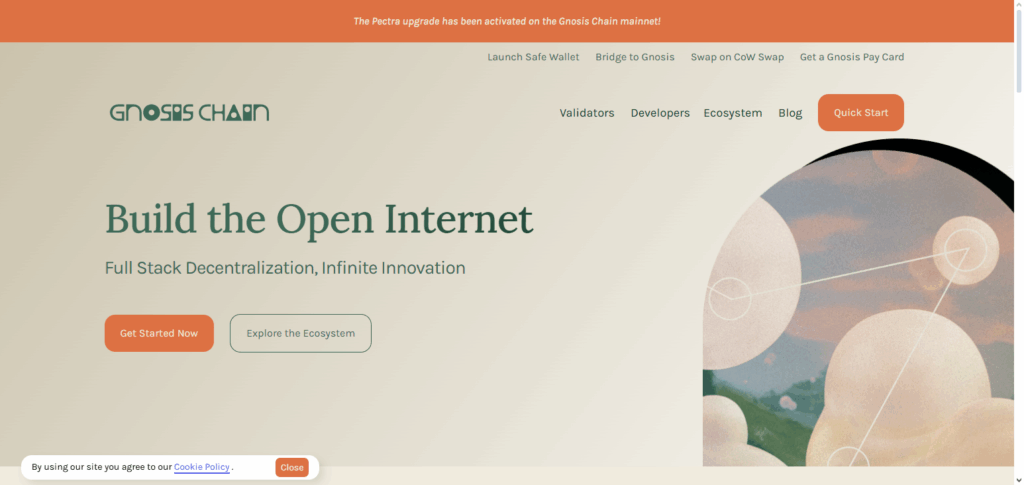
Furthermore, its strong ecosystem makes Gnosis Chain ideal for users and developers looking for reliable yet low-cost transactions within Ethereum network without compromising security or interoperability issues.
| Feature | Details |
|---|---|
| Blockchain | Gnosis Chain |
| Transaction Speed | 1,000+ TPS |
| Transaction Fees | Very low, typically under $0.01 |
| Consensus Mechanism | Proof of Stake |
| KYC Requirements | Minimal, depends on the platform or exchange used |
| Compatibility | Ethereum-compatible (EVM) |
| Scalability | Layer 2 sidechain offering efficient, low-cost txns |
| Use Case Focus | DeFi, DAOs, and dApps requiring secure, affordable transactions |
8.Avalanche
Avalanche provides low-cost transactions thanks to its innovative consensus protocol which offers near instantaneous finality and high throughput.
Furthermore, Avalanche supports multiple customizable blockchains within one network to optimize speed and cost – enabling projects to optimize for speed while at the same time supporting complex decentralized apps with fast transactions at affordable costs.
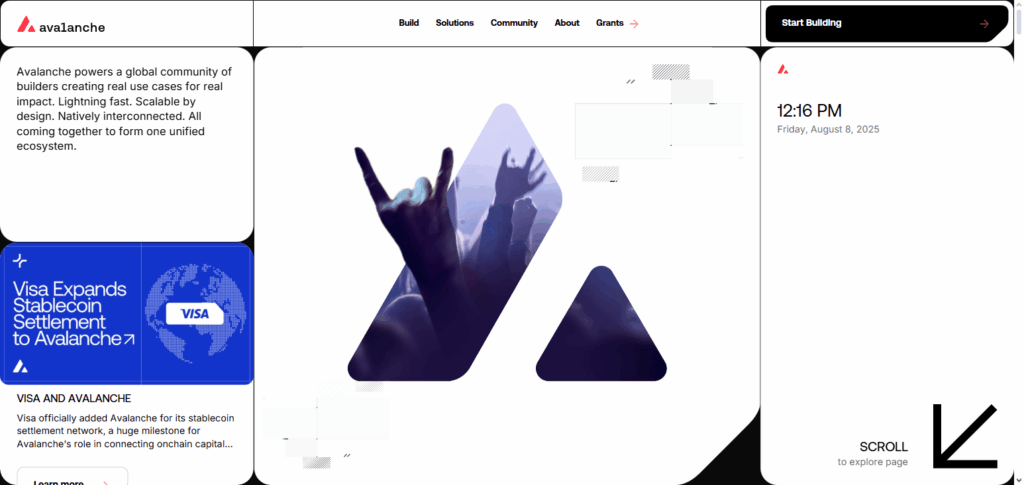
Avalanche’s modular architecture supports fast transactions while supporting complex decentralized apps with minimal fees while offering strong security – making this platform versatile yet efficient and perfect for users seeking cost-effective blockchain solutions!
| Feature | Details |
|---|---|
| Blockchain | Avalanche |
| Transaction Speed | 4,500+ TPS |
| Transaction Fees | Very low, typically under $0.01 |
| Consensus Mechanism | Avalanche Consensus Protocol |
| KYC Requirements | Minimal, depends on the platform or exchange used |
| Compatibility | Ethereum-compatible (EVM) |
| Scalability | Highly scalable with multiple customizable blockchains |
| Use Case Focus | DeFi, NFTs, enterprise-grade dApps with fast, affordable transactions |
Conclusion
Solana, Arbitrum One, Fantom, Optimism, Near Protocol Moonbeam Gnosis Chain and Avalanche each offer competitive low-cost transaction alternatives to Binance Smart Chain that combine scalability, affordability and security through innovative technologies such as Layer 2 scaling sharding or advanced consensus mechanisms.
Selecting the optimal alternative depends on specific requirements such as speed interoperability developer tools; but all provide fast, affordable crypto transactions beyond Binance Smart Chain.
FAQ
What makes a blockchain a good alternative to Binance Smart Chain for low-cost transactions?
A good alternative offers fast transaction speeds, low fees, strong security, and developer-friendly features to support scalable decentralized applications.
Which blockchains are the best low-cost alternatives to Binance Smart Chain?
Solana, Arbitrum One, Fantom, Optimism, Near Protocol, Moonbeam, Gnosis Chain, and Avalanche are top choices known for their affordability and performance.
How does Solana offer low transaction costs?
Solana uses a unique Proof of History consensus, enabling high throughput and extremely low fees, ideal for fast, affordable transactions.


